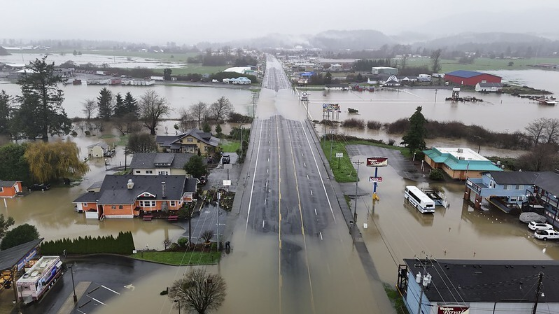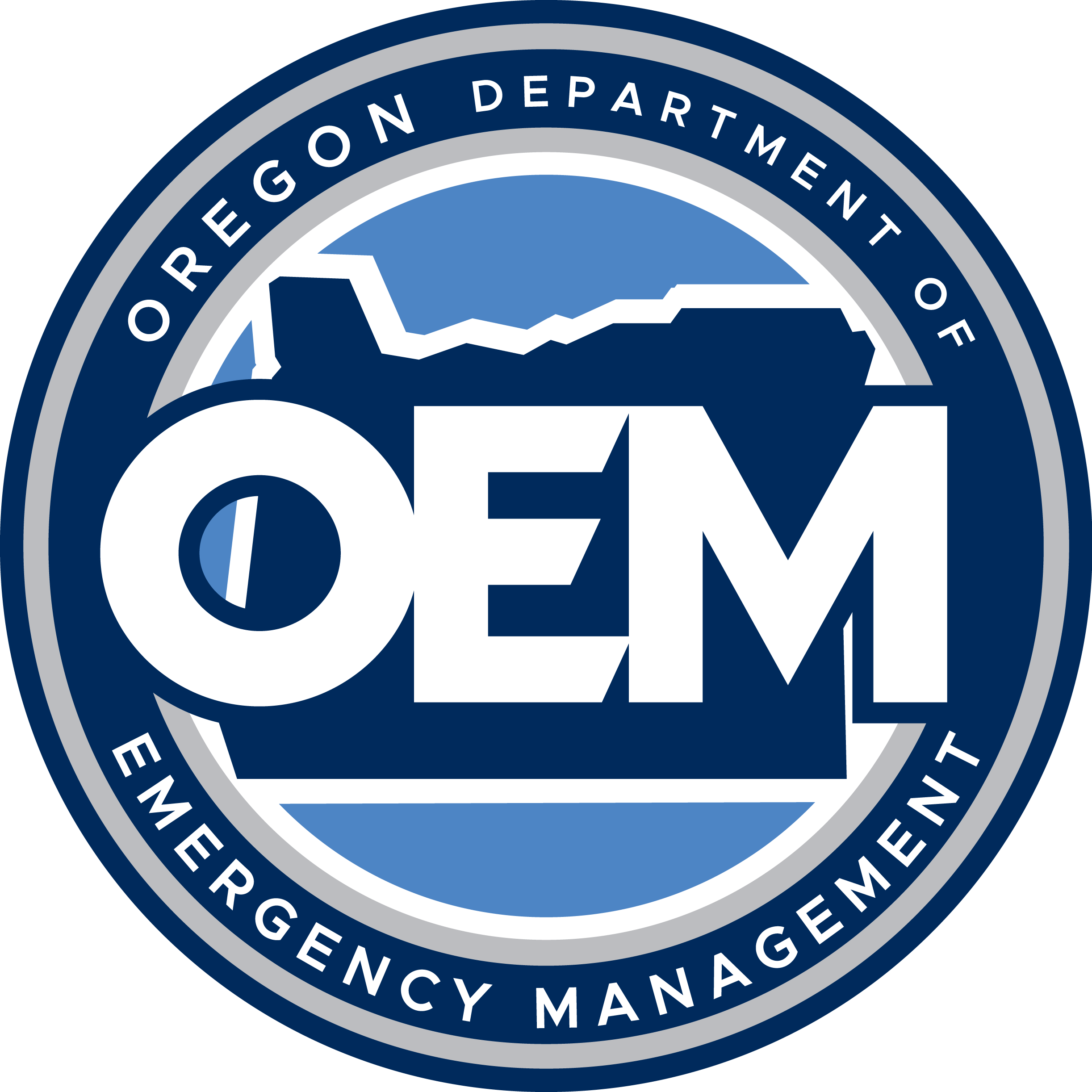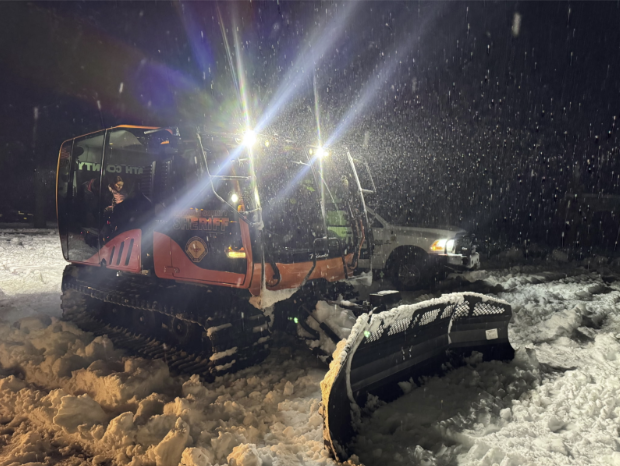Governor Requests Federal Disaster Declaration For December Storms (Photo) - 02/20/26

Tillamook Highway during December floods,, photo courtesy of ODOT
SALEM, Ore. — Gov. Tina Kotek has requested a major disaster declaration from President Donald Trump following severe storms that struck Oregon from Dec. 15 to Dec. 21, 2025. The request seeks public assistance for nine counties — Clackamas, Hood River, Lane, Lincoln, Linn, Polk, Tillamook, Union and Yamhill — and statewide access to the Hazard Mitigation Grant Program.
"The scale of damage from December's severe storms impacted multiple Oregon communities, with more than $15 million in losses and needed repairs. Rural communities are stretched beyond their limits, and help from FEMA is urgently needed,” Governor Kotek said. “I'm requesting a major disaster declaration from President Trump because Oregonians did the hard work of showing up for each other and they deserve federal support to rebuild."
The storms brought record rainfall, high winds and an atmospheric river that caused widespread flooding, landslides and mudslides. At the peak, more than 300,000 Oregonians were without power, and multiple highways and interstates were closed. One person died in Yamhill County. The Oregon Department of Emergency Management (OEM) has created an interactive StoryMap detailing the event and its timeline.
A joint preliminary damage assessment validated more than $15.4 million in eligible damages. Tillamook County had the highest per-capita damage at $154.29 per person. Without federal assistance, rural communities and consumer-owned utilities could face significant financial strain.
“This storm struck our communities with little warning, leaving widespread damage and compounding the hardships from earlier storms and ongoing recovery efforts,” Erin McMahon, OEM director, said. “Local governments and utilities have worked tirelessly to protect lives and restore essential services, but the scale of destruction far exceeds what local resources can manage alone. Federal assistance is critical to help communities recover and build resilience against future disasters.”
If approved, the declaration will provide funding for debris removal, emergency protective measures and repairs to roads, bridges, utilities and other public infrastructure. Hazard mitigation funding would support long-term projects to reduce future disaster impacts.
For more information on Oregon’s disaster recovery efforts and how to be better prepared for disasters, visit Oregon.gov/OEM.
|
|
###
It is the mission of the Oregon Department of Emergency Management (OEM) to lead collaborative statewide efforts, inclusive of all partners and the communities we serve, to ensure the capability to get help in an emergency and to protect, mitigate, prepare for, respond to, and recover from emergencies or disasters regardless of cause. OEM prioritizes an equitable and inclusive culture of preparedness that empowers all Oregonians to thrive in times in crisis. The agency leads collaborative statewide efforts, inclusive of all partners and the communities we serve, to ensure the capability to get help in an emergency and to protect, mitigate, prepare for, respond to, and recover from emergencies or disasters. For more information about the OEM, visit oregon.gov/oem. You can get this document in other languages, large print, braille, or a format you prefer. For assistance, email OEM_PublicInfo@oem.oregon.gov. We accept all relay calls, or you can dial 711.

